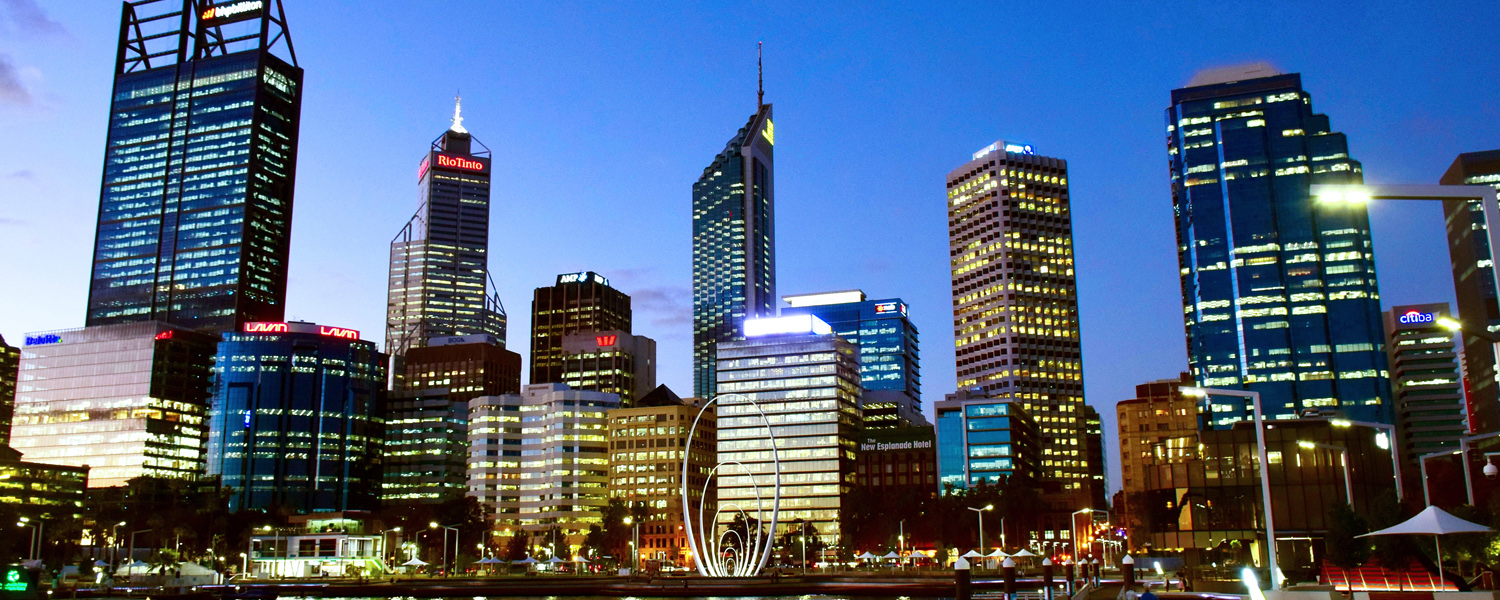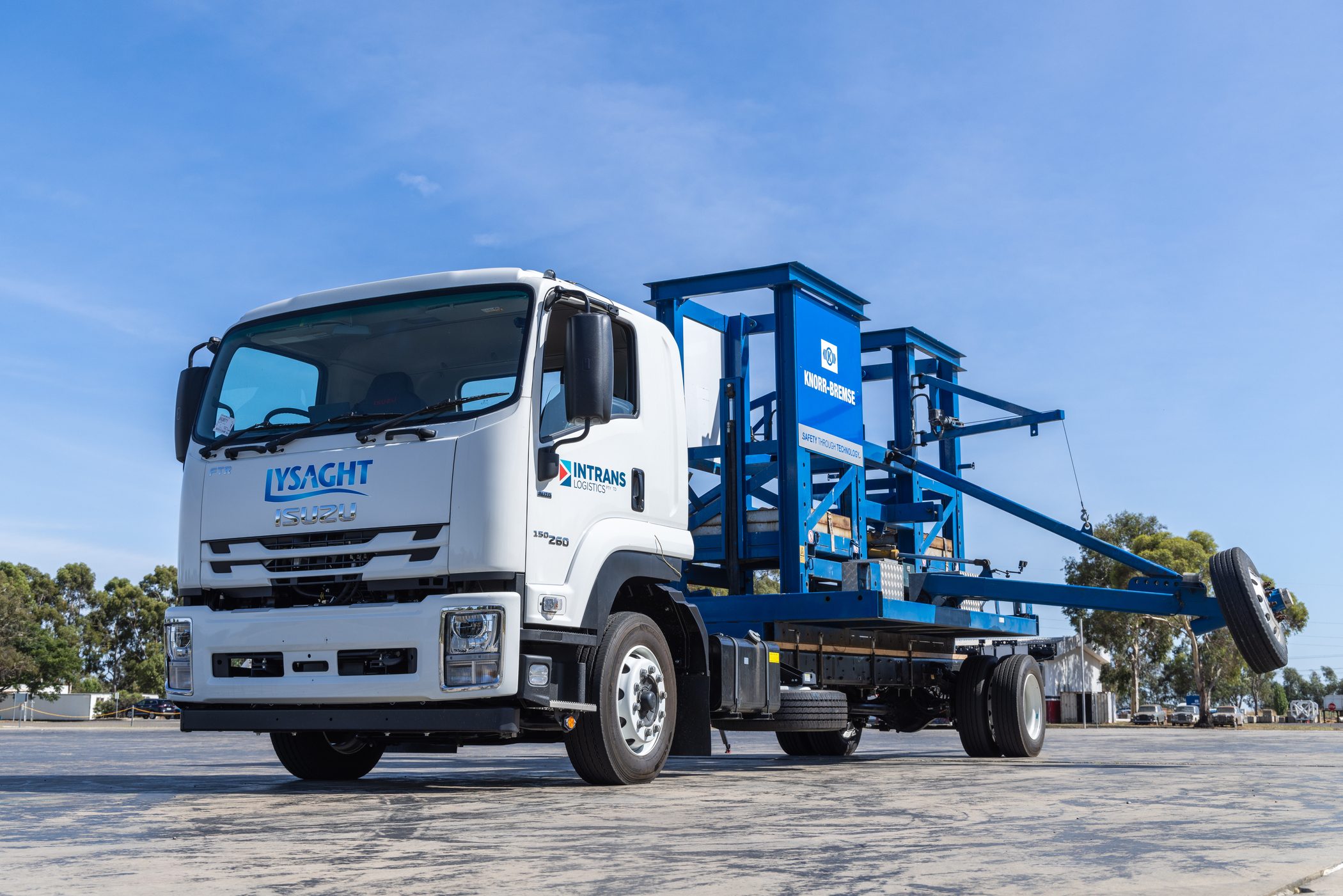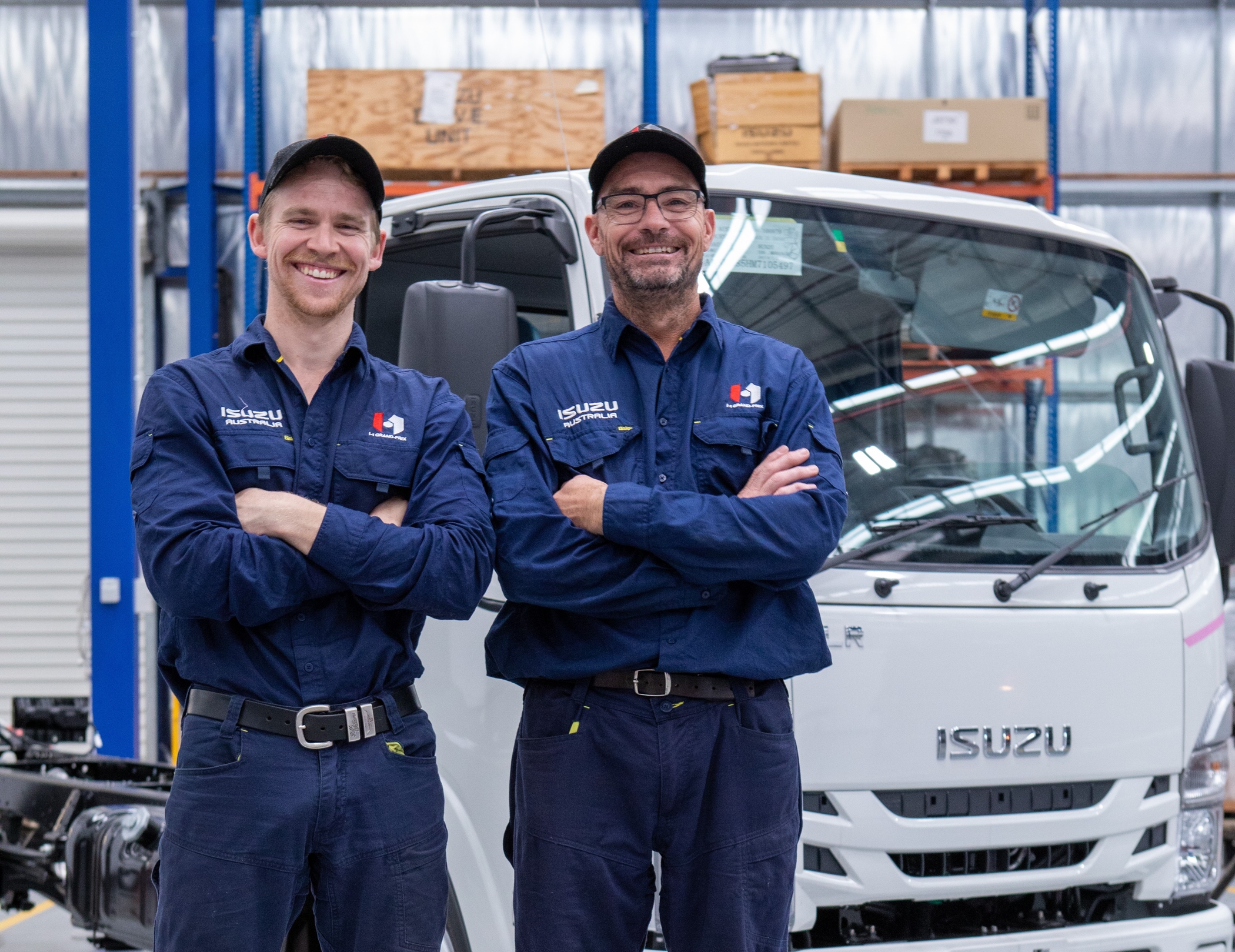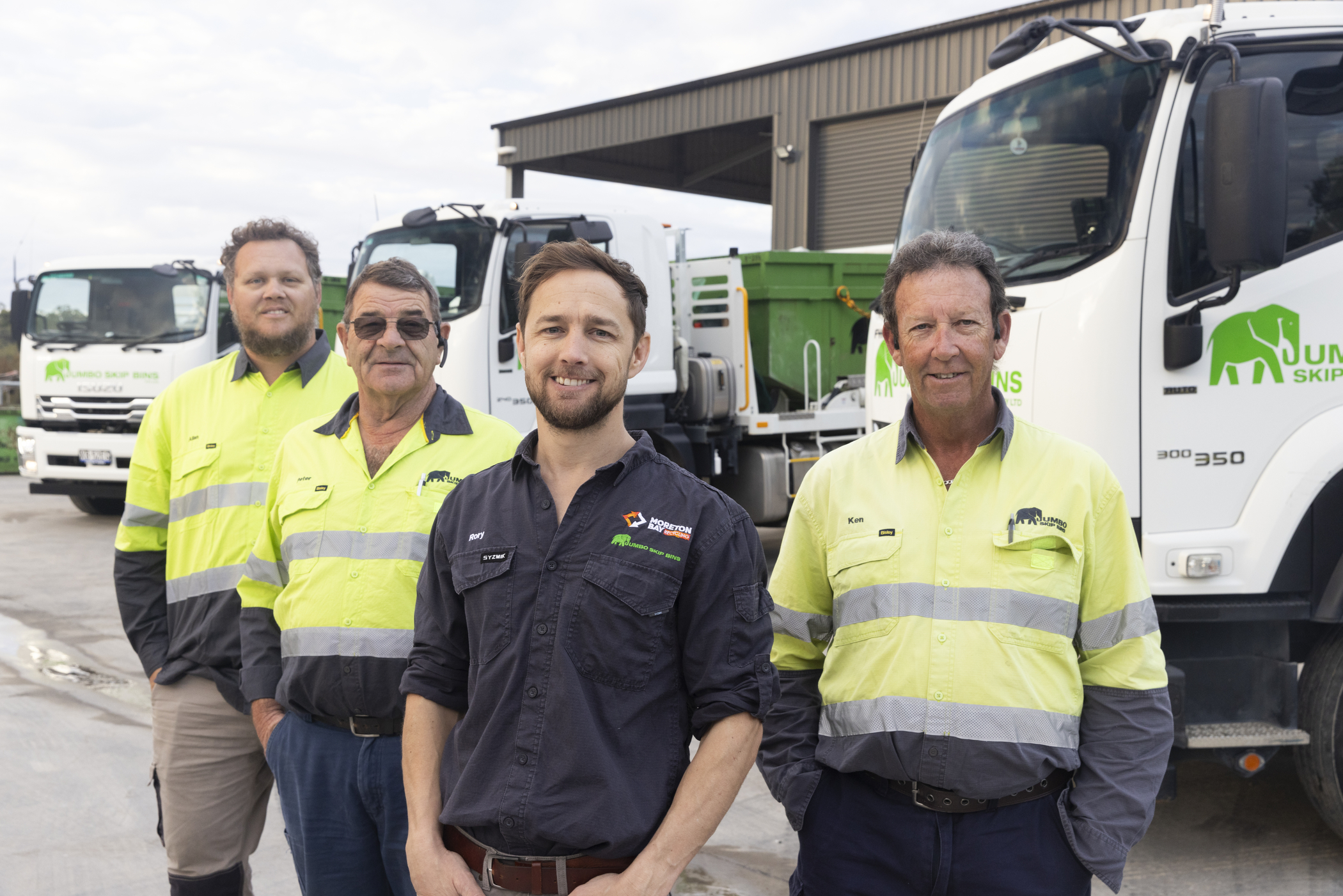Buildings changing colour in response to the weather.
Bins telling garbage collectors when they’re full. It sounds like an incredibly boring science fiction movie.
Tech heads and the stuffed shirts in parliaments around the world are engaging in conversations right now about how ‘smart cities’ – where infrastructure, your vehicle and technology all share information – will revolutionise how we interact with urban areas.
A smart city relies on what the boffins have dubbed the 'Internet of Things' (IoT) – the connection between any object with a computer chip in it.
Municipalities are then using this data to improve everything from liveability to traffic management.
And that’s why truck drivers should keep abreast of the smart city revolution – because it’s poised to completely change how you make a delivery within the CBD.
So what do drivers have to look forward to? We’ve taken a look at some of the most forward-thinking smart cities around the world.
Singapore, Singapore
Singapore is widely heralded as the world’s
pre-eminent smart city, and that reputation extends to its road management.
Without the space to simply build more roads (
12 per cent of Singapore’s entire land mass is roads), the
densely populated island nation has had to think out of the box when it comes to moving people, and goods, around its capital city.
Enter the city’s
electronic road pricing system, which incentivises motorists to travel outside of busy times with a pay-as-you-use principle.
Each car has a built-in smart card, which is scanned whenever the vehicle travels underneath IoT enabled gantries. If it’s outside of peak hours, the cost is significantly reduced.
Rotterdam, Netherlands
Last year the Netherlands’ second biggest city, Rotterdam, wanted to make their waste management system more efficient. This led them to devising a
system that could have major implications for freight movement in the urban area of the future.
Rather than lining the streets with individual household’s rubbish bins and sending garbage trucks to trudge along the streets on collection day, the city installed underground waste containers fitted with sensors. The sensors monitor how full the containers are getting and alert trucks when they’re nearing capacity. Then a program designed by Enevo uses that data to dynamically plan the most efficient route for trucks picking up the rubbish.
The initial trial reported efficiency boosts in the field of 20 per cent and inspired a wider roll out of the program.
Berlin, Germany
Germany has a rich automotive history, and that reputation doesn’t appear to be changing in the IoT age.
The city recently served as the launching ground for
Parknav, an innovation that uses a bunch of technical wizardry to tell people via an app where they’ll be able to find on-street parking. Parknav has achieved an accuracy of over 80 per cent thanks to a sophisticated combination of machine learning, predictive analytics and data from users’ phones.
The app has now been developed for more than 40 cities worldwide. And if the same technology used to find parking spots is adapted to loading zones, urban freight delivery could undergo a revolution.
Seattle, USA
It may be known as ground zero for grunge, but Seattle’s recently-deployed
adaptive traffic lights are also making the city a rock star in the field of smart city traffic management systems.
The lights get a real-time reading of where traffic is coming from and automatically adjust to improve traffic movement.
They’re also designed to improve the flow of buses and bicycles. Buses travelling within the city communicate with these lights via sensors to get priority treatment, and sensors built into the road detect bikes to optimise the movement of cyclists throughout the city.
Uralla, New South Wales
Have you ever stopped at a traffic light, yet your GPS is telling you you’re in the middle of a busy intersection? GPS technology to date has been good at telling you
just about where you are, but a current initiative aims to make location data even more accurate.
The Australian government, in partnership with a handful of multi-national corporations and the New Zealand government, are aiming to do this through a trial of a satellite based augmentation system (SBAS), which is expected to improve the accuracy of GPS signals from around five metres to three centimetres accuracy in areas with internet/mobile coverage.
If a 4.97-metre improvement doesn’t particularly impress you, it’s worth noting that widespread adoption of this next-generation technology has the potential to generate
$73 billion in value to Australia by 2030.
An uplink antenna at Uralla, New South Wales, is integral to this next-generation SBAS trial.
It sends the data collected from commuters and vehicles to a satellite above Earth, which then rebroadcasts the information back to end users.
Sounds like a laborious process, right? Turns out it actually takes less than six seconds.
These smart cities are just a handful of the municipalities blazing the trail for IoT technology.
As new advancements change what can be possible in the smart city, and
disruptive technologies continue to pop up and reshape people's understanding of transportation, one thing is clear – the truck driver of the future will be much better informed and able to be more efficient.








